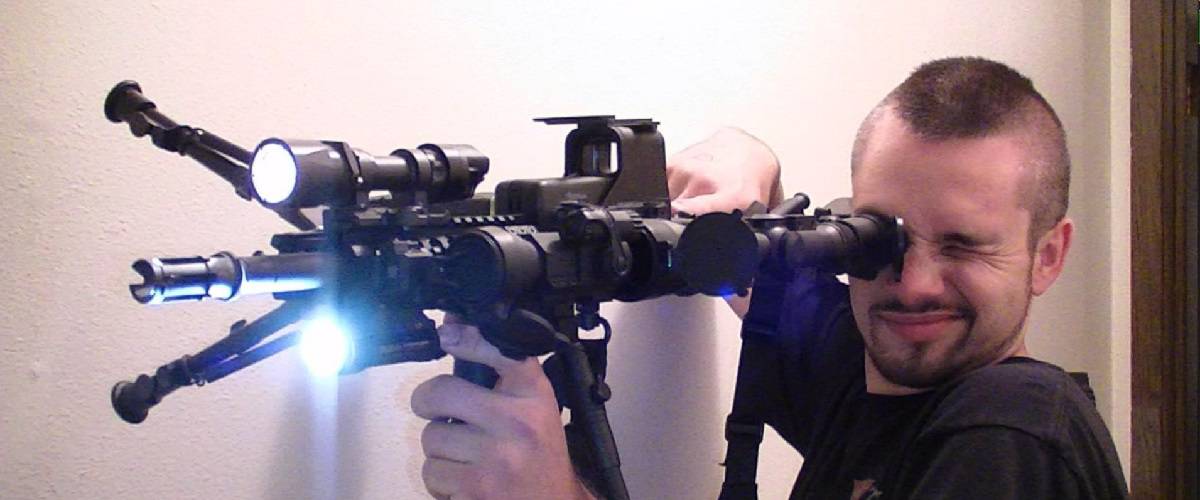The idea of prepping can be a complicated one. It requires a lot of forethought and planning, a lot of educating, and a lot of not falling for the same tricks that a more casual consumer might. But sometimes that extra effort can be our downfall.
When investing into something, be it time, money, or energy, it’s easy to go too hard. It’s like when the newbie golfer buyers those gimmicky copper-lined clubs that “guarantee” an extra 20 yards to your swing. A pro golfer would be able to tell you how it doesn’t actually help you. Prepping is the same way.
Do you know those backpack sized battery packs that could power a plasma TV or those large, serrated machetes with a radio and night vision in the handle? How about the dozens of niche and unneeded firearm attachments? These are made for people like us. Or more specifically, made for tricking us.
In truth, high quality, worthwhile products don’t need to promote themselves as a prepper dream item. Enthusiast forums will tell you far more honest reviews and recommendations than a company brand will.
The same applies with information, too. I can’t tell you how many days this year I’ve woken up to see some website claiming that the stock market is going to crash any second. Sensationalism is a common problem in media, especially since the rise of the internet as a source of information. It’s easy to get caught up in extreme ideas, especially when they confirm your own interests or bias.
Before you commit to something, whether its a practice, a product, or a source of information, do your research. What are others saying about it? What are the bad things, the good things? Do you suspect they would have any reason to be dishonest about it? Second opinions are important.

